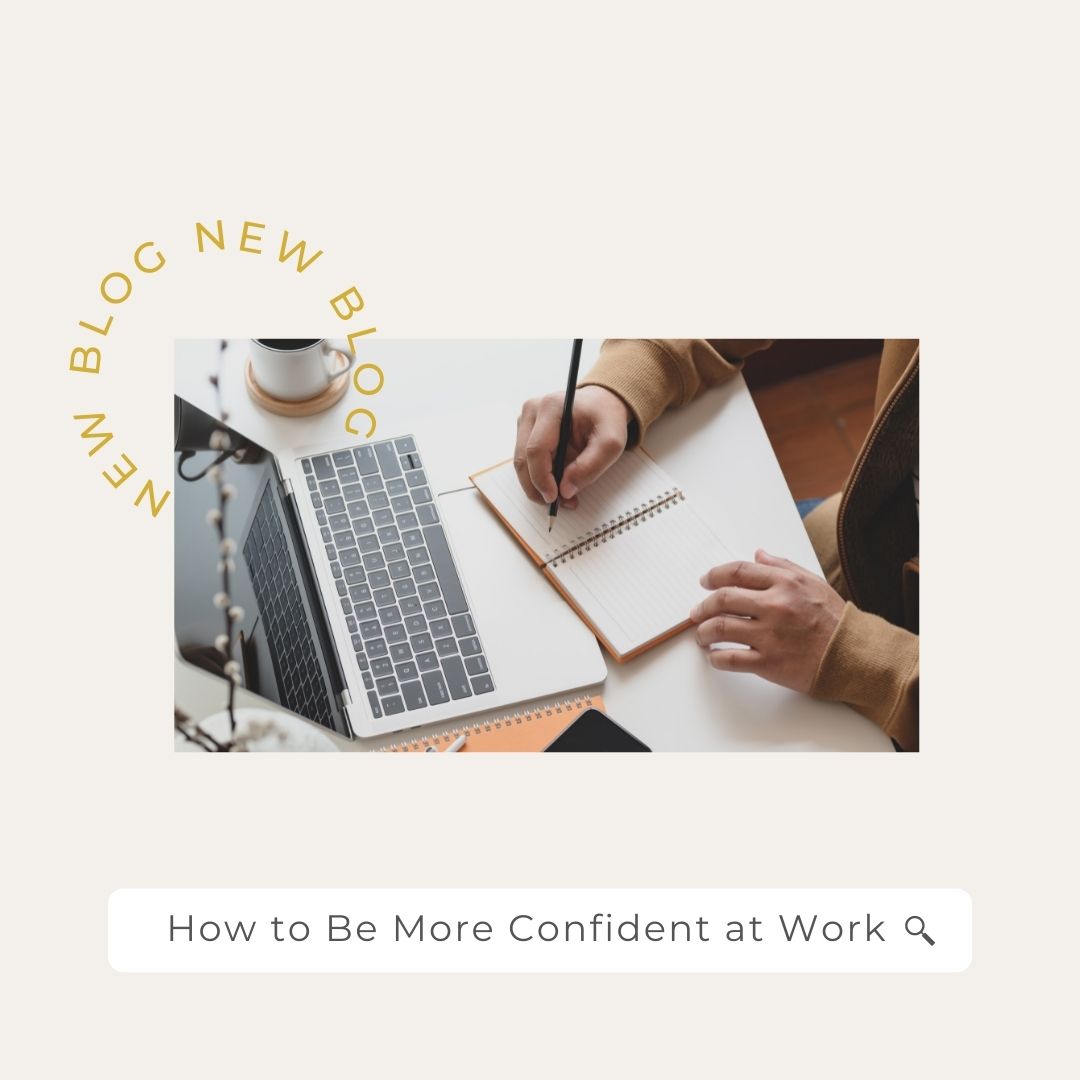What is “Impostor Syndrome”?
“Fake it till you make it”, we’ve all have heard or seen this advice somewhere when it comes to becoming more confident at work.
You might be struggling with the famous impostor syndrome – the wrong belief that you are not as competent as it seems and that someday someone is going to notice and is going to expose you as a fraud. This is absolutely normal and quite common.
According to the International Journal of Behavioral Science,
more than 70% of people are affected by workplace impostor syndrome at some point in their lives.
Often people suffering from impostor syndrome, feel the need to be the absolute best and feel they have to fulfill these unrealistic perfectionist goals without a margin of error. But when reality strikes and the unrealistic goals aren’t met, impostors will feel overwhelmed and frustrated and even think about themselves as a failure.
Personally, I struggled quite a lot with impostor syndrome despite having academic success and later in my professional life, whether it was at my IT consulting job or at my job in Tech. Even when I was receiving positive feedback, I was totally unable to feel confident in my abilities or just for a very brief period before reverting back. I always thought it was not that good or that it was just luck and that one day someone was going to notice.
Thoughts such as “I’m not qualified enough” or “What could I possibly say that anyone would like to hear ?” pop up more often than we would want to.
So where does “fake it till you make it” fits in all of this ?

The moments when you should “fake it till you make it”
It is the number one tip you’ll find when it comes to overcome impostor syndrome. This advice encourages you to act confidently despite feeling incompetent and not confident on the inside and to act as if you already are the confident and competent person you want to be.
When a challenge appears, this technique suggests that you put on a mask, hence the “fake it”, and do it anyways. This will help you to eventually become confident at it.
Don’t get me wrong, this is good advice in order to help you take action, especially if like I used to, you are bombarded regularly by thoughts of self-doubt or overthinking.
It’s particularly helpful in situations where you find yourself out of your comfort zone. Of course, you will inevitably encounter these situations when you are advancing in your career, such as delivering a big presentation in front of the entire office, pitching an idea or starting your own business.
“Faking it till you make it” is indeed a great tool that helps you to overcome your temporary fear and push yourself to do it. Not to mention the feeling of relief and the temporary boost in your confidence that you will experience after. But that’s the keyword, temporary.
However, here comes the tricky part… What if you have to do it all over again? You will have to force yourself to go through this uncomfortable situation again. And even though it might become easier and easier over time, it’s always going to feel forced at the beginning and exhausting after, because you need a lot of focus and energy to push yourself through it.
And despite being able to deliver an awesome presentation, you will always have in the back of your mind, thoughts in the line of “I hope people didn’t notice I am a fraud’ or “I hope no one noticed that the presentation was awful or that I was very nervous”.
Consequently, if you have these impostor thoughts and if you believe you are not good enough to begin with, you will unconsciously ignore or reject any positive feedback or compliments about your presentation. For example thinking “Yeah, it was just beginner’s luck”, the same way I used to think all the time.
And even if you listen to it and accept it, you will probably find a way to question yourself. For example, you will think that even though it might have been a successful presentation, it shouldn’t have been that difficult and exhausting to accomplish in the first place. Therefore you must not be THAT good or competent. In other words, you will find ways or reasons to remain aligned with your thoughts of “I am not good enough” or “not confident enough”.
So, in a way “faking it till you make it” is a great temporary and situational fix, but doesn’t help you to deal with these thoughts and doesn’t stop them from appearing again. You will have to go deeper than that and explore first your limiting beliefs to reach a deeper level.
Explore your abilities in-depth and change your mindset
The first big practical step is to evaluate your strengths and weaknesses. Only if you know accurately your abilities and the ones you want to develop you can make a clear distinction between the internal (behavior, mindset) and the external (your actual skills and expertise).
Your technical skills or presentation skills in the example above, or whatever hard skills you want to develop, can be learned the same way as any other skill. There is no need to fake anything there. On the contrary, rather than just faking competence why not just develop it?
So you have to honestly assess your abilities and embrace the mindset that you can actually learn any skill with practice and repetition, the same as anyone else. And as a bonus, this increased competence will make you feel more confident.
Accept that it’s ok to not master a skill from the very beginning and that it takes time and practice, but know that the results are inevitably coming if you put in the work. Instead of using time and energy to” fake it” by doing a power pose or acting like if you know all the answers, better to use those resources to actually develop the skill or your expertise.
Go really deep, read everything you can about the topic, learn from watching people who have mastered the skill you want, reverse-engineer the steps and create an action plan to get there.
But the key to all of this is that the skill or expertise that you want to develop should come from a place of authenticity, you should not do it mainly for the others, but because you genuinely want to. Don’t try to “fake it” and become someone you don’t want to.
So first ask yourself genuinely why you want to invest time and energy into getting to know more about something and eventually developing competence. If your why is strong enough, for example, because you are naturally interested in this topic or because you know it will be helpful to advance in your career (in the direction that you want) then the learning process will flow more naturally.
You need to change your approach when it comes to trial and error, it’s totally normal that people with impostor syndrome try to avoid “failure” at all costs but you have to accept that it’s ok and normal to experience some setbacks and that it’s part of the process. In a way embrace a “face it till you make it” mentality.
So remember to use your time and energy wisely and authentically to develop the skills and gain the experience that you think will help you to advance in the career path that you decide for yourself.
In conclusion, yes “faking it till you make it” helps, it is indeed a tool you can use in some uncomfortable situations. But it’s not the definitive solution to develop confidence and competence.
When it comes to your thoughts, feelings, and actions influenced by your original assumption of not being good enough, you should start to dig deeper into your limiting beliefs to know why they are fueling this assumption.
Do you want to go more in-depth about this topic? Check out my blog post HERE where I explore more actionable steps in order to deal with impostor syndrome.
Let’s Chat!
Let me know in the comments down below if you have experienced impostor syndrome symptoms before and how did you deal with them?



Great advice! Very helpful and informative!
I also struggled quite a lot with impostor syndrome as a computer science student! I was able to deal with it by being more gentle with myself and it’s still a work in progress
Interesting! Maybe I haven’t tried this but if this is what can help me to be more confident I’m willing to give it a try!
Very good advice! Thank you for sharing.
This blog really spoke to me on a personal level. Thank you for your meaningful insights!
I agree. Really insightful
Faking it until you make it will only get you so far. You have to put in the work and effort to really understand the domain of what you are working in.
Imposter syndrome is so real. I have gone through it so many times. I usually try to be confident in my self but I struggle sometimes with it.